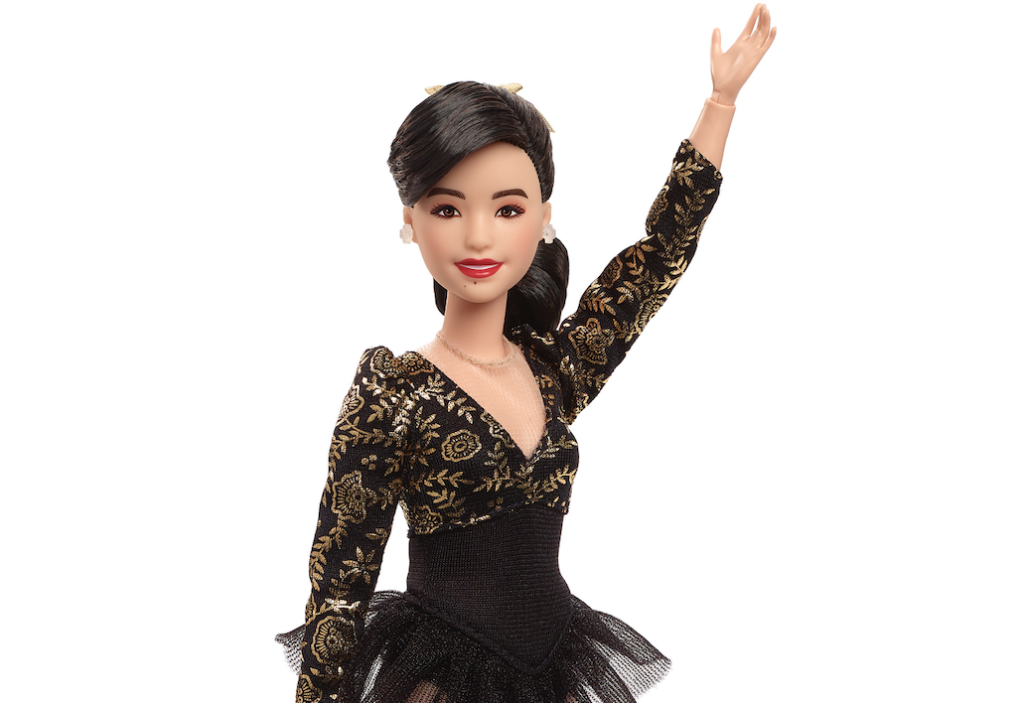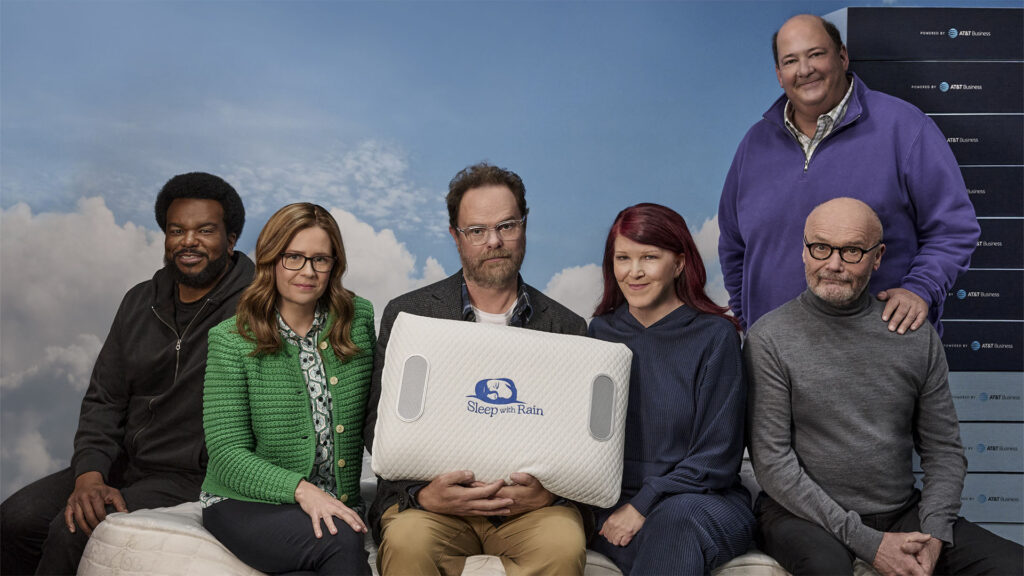As brands look to adapt to the new normal of 2020, Brand Innovators hosted a week of livecasts exploring the State of the Industry in conjunction with ViacomCBS.
One of the key takeaways from the three-day event was that consumers are looking for brands to take a position on cultural moments that are happening in the world. Each day kicked off with insights from ViacomCBS’s Velocity team on the 2020 Effect.
“Audiences are demanding that marketers and marketing campaigns pay more attention to what is happening in culture,” said Lydia Daly is the Senior Vice President of Social Media and Branded Content Strategy at Viacom Velocity.
Velocity, ViacomCBS’s Branded Content Studio, tracks culture looking at semiotics, expert interviews and social intelligence listening tools to cover trends. Since they began working from home on Friday March 13th, they have produced 14 reports to help marketers navigate the current trends in culture and how these signals and behaviors could have potential long term effects for marketers.
“Even when we thought it was only going to last a few weeks or a couple of months, the impact was so immediate on so many different facets of our lives,” Daly said. “It impacted teens, our mental health, experiences, relationships, think about covid divorces and the idea of corona babies, the grocery industry, the retail industry, travel, it often felt like there wasn’t some aspect of our lives that wasn’t somehow impacted.”
As consumers were impacted by the pandemic, many have been cooking at home or venturing out to eat only at fast food restaurants that offer low-to-no contact experiences. For Burger King that meant forgetting the previous plan and returning to the drawing board and creating new messaging and digital platforms for the times.
“Let’s help people understand the procedures we have in the restaurant, communicate delivery, drive-thru, mobile payments,” said Fernando Machado, Global Chief Marketing Officer, RBI, during Brand Innovators’ State of the Industry – Brand Love: Innovation, Leadership, Purpose event on Oct. 6. “Over time, we started to slowly reintroduce the personality of the brands. If you turn on the news, it’s doom and gloom really 24/7, so we wanted to put a smile on people’s faces.”
Influencers are also playing a key role in promoting support this year. As consumers are spending more time online in social communities than outside in their real communities, many are looking to influencers to help them manage their uncertainty. One trend that Viacom Velocity has identified is how influencers have been showing up as therapists, helping acknowledge people’s experiences this year.
“These are creators who are here to make sure that we are ok, by normalizing vulnerability, therapist influencers are providing a playful and performative environment that comforts and relieves us,” said Arielle Russo, Creative Strategy & Cultural Intelligence at ViacomCBS, during Brand Innovators, State of the Industry- Future of Media event on Oct. 7.
Beyond influencers, consumers are looking to brands with good storytelling to feel connected during a year of uncertainty. Storytelling is at the heart of building these connections be it through influencers or more traditional digital campaigns. For BMW America, the best way to connect with consumers during these trying times is to look at the first party behavioral data, which can help the car maker understand clients better than demographic data.
“As long as you can see the customer’s actions and intentions, that’s the best way to create any sort of experience,” said Brian Voynick, CRM Campaigns Manager, BMW of North America. “That makes you a better marketer and provides better content. This is the age of context. If you’re not delivering experiences that are contextually relevant to the consumer, they’re getting bombarded from all different cylinders and you won’t catch their attention. We need to make sure that when we present someone with an opportunity that it fits into what they actually need.”
DTC men’s apparel brand Mack Weldon has been focused on storytelling since it launched in 2011. But when the pandemic began to hit in March, they needed to tell their story – that they provide products that offer comfort – but without being too salesy at a time when people did not want to be pushed products. From a high level, the company is always looking to tell their story through different mediums and channels.
“Identifying media channels to help us tell the Mack Weldon customer story and find that overlapping audience is really how we manage the process from the top down,” said Andy Rosenberg, Director of Brand Marketing, Mack Weldon. “We’re always wanting to tell a story about our simple shopping experience, premium menswear and that ‘seizing the day’ moment that we hope our customers get from our product.”
The Coca Cola Company has also been leaning into its storytelling capabilities in order to drive conversations and build connections during this pandemic year.
“If I was to summarize what we are trying to pivot towards, it’s the idea that we’ve always been extraordinary storytellers but now we want to become a company that can create extraordinary experiences around our brands for our consumers,” said Anthony Martinez, Sr. Global Director, Head of Media Platforms & Audience Strategy, The Coca Cola Company. “There is still a role in marketing for brands to use big emotional story-telling but we want to find the right balance there. By inviting people into those experiences, you can unlock a greater understanding of the consumer and start to introduce them to different beverages in our portfolio.”
Diversity and inclusion have always played a role in marketing, but the cultural movements of 2020 have brought the conversation to center stage. Consumers are demanding that brands show up and support people of a variety of communities and marketing to consumers, as well as to corporate workplaces. On Thursday Oct. 8, Brand Innovators hosted “Diversity & Inclusion and Multicultural Marketing” a day dedicated to hearing from brand leaders about
ViacomCBS’s Velocity group began it study “Power in Progress” in 2018 to help brands understand the rapidly shifting power dynamics and new and innovative ways that young people are activating power.
“Over the past year and a half, we noticed something very different about the power of youth culture, a new energy was really brewing globally,” said Michelle Green at Viacom Velocity.
Greta Thunberg, Emma Gonzalez, Marley Dias, and Desmond Napoles are among those Gen Z kids demanding change from adults.
“Today, however, we are really faced with a great American reckoning,” Green said. In addition to covid-19, the Black Lives Matter movement has urgently really shown how our power structures have really inhibited Black people from securing the most basic right to life.”
Seventy-eight percent of Gen Z have used social media to support BlackLives Matter and there have been 66 million tweets using the #BlackLivesMatter hashtag this year. As brands have looked to join in on the conversion, one thing is clear. Consumers don’t just want statements, they want to see anti-racist actions.Several brands on stange shared how they are building diversity into their DNA.
Unilever, for instance, has been looking for ways to make its workplace more equitable and works with partners supporting the same approach. Additionally, it is core to the CPG giant to create messaging and marketing that speaks these values.
“As we look at the end to end ecosystem, it’s about workforce, it’s about products and services, it’s about supplier diversity,” said Mita Mallick, Head of Diversity and Cross-Cultural Marketing, Unilever. “How do your brands and products and services show up in the marketplace? And more importantly, how can your Chief Diversity Officer not have a say in that? What really matters at the end of the day is the values that your brand stands for, and how you live that truth. You can say you stand for values, but in the moments that it’s critical, will you stand up for those values?”
PepsiCo is focused on creating emotional connections with consumers through its marketing platforms to build long term loyalty and connection. For Yasmin Grant, Director of Multicultural Marketing, PepsiCo, the ability to build these initiatives has kept her with the company for seven years.
“I always wanted to do marketing in a category where consumers had more of an emotional connection to the brands, connected to the moments that matter and that led me to PepsiCo,” said Grant.
She has had a lot of different roles at the brand including running Hispanic marketing and being co-chair of Mosaic a black employee resource group, working with uplift, a program for female marketers and a new task force to represent the Black community.
“I have been with PepsiCo for seven years. What has kept me here is that I can do meaningful work,” Grant said. “I feel like I am doing work that makes a difference and PepsiCo gives me a platform for my activism.”
If you missed these three days of stellar content, check out our video on demand page.




